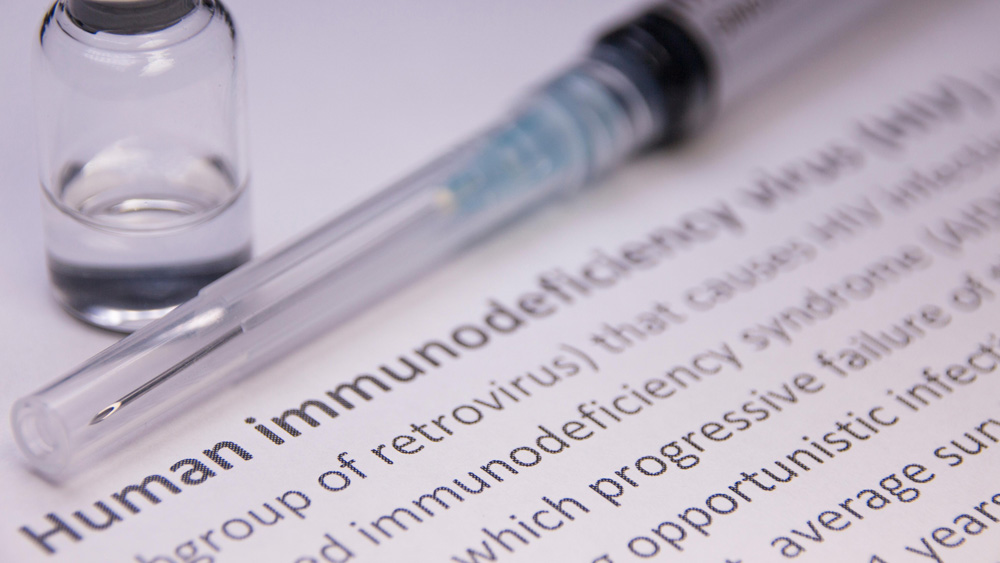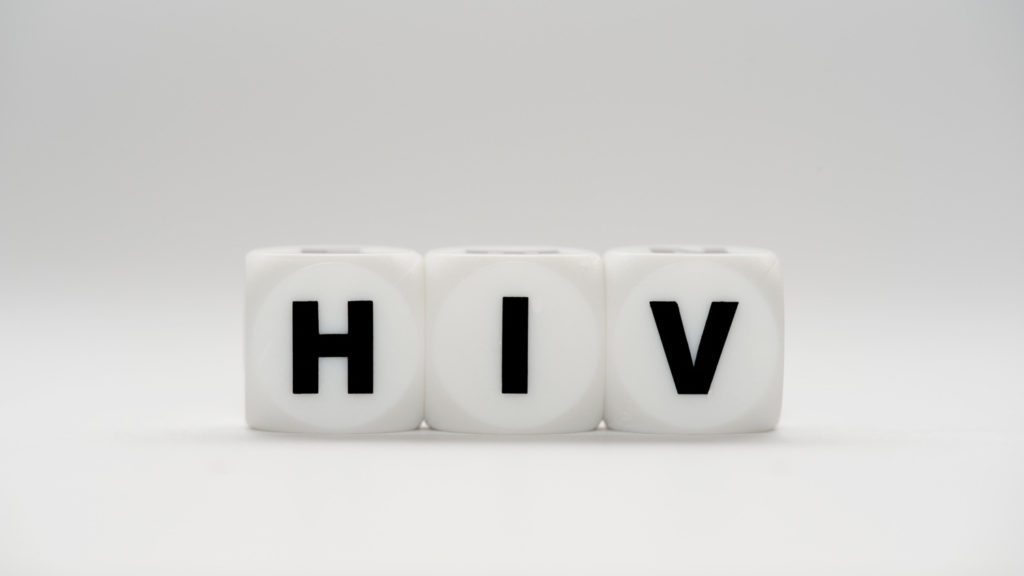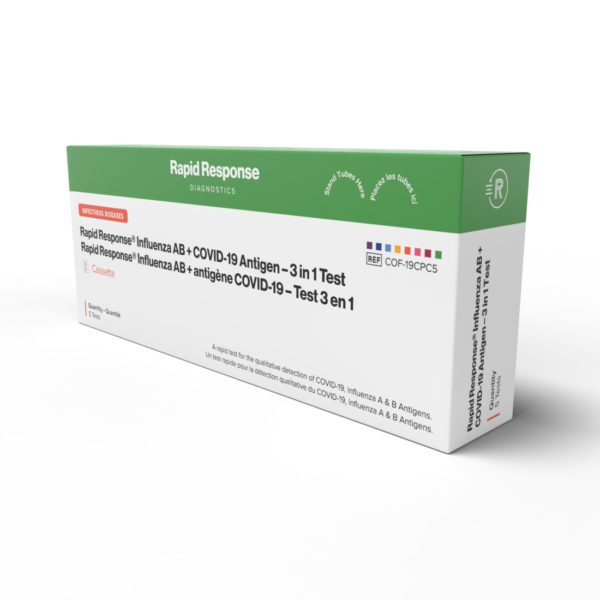Have you ever wondered if you or someone you know might have HIV or the human immunodeficiency virus?
The early detection and treatment of HIV are crucial for managing the virus and preventing its progression to acquired immune deficiency syndrome (AIDS).
HIV manifests differently for each person. Some people may feel the symptoms early, while others may not feel them for years.
Here are the first signs of HIV, as well as the unique symptoms for men and women.
HIV: A brief overview
HIV is a virus that attacks your immune system, which is your body’s defence against germs and sickness. It specifically targets your CD4 cells, commonly known as T-cells.
If you get infected with HIV, your immune system weakens over time, making it harder for your body to fight off infections and diseases.
HIV spreads through certain body fluids, like the following:
- Blood
- Semen
- Vaginal fluids
- Breast milk
This usually happens through situations such as:
- Having unprotected sex
- Sharing needles with someone who has HIV
- From an HIV-positive mother to her baby during pregnancy or childbirth
- During breastfeeding, from an HIV-positive mother to her baby
If someone has HIV, they might not have any symptoms for years, but they can still pass the virus to others. That’s why it’s important to get tested regularly if you’re at risk.
Without effective treatment, HIV continues to reduce your body’s ability to fight off diseases and infections until it leads to the advanced stage known as acquired immunodeficiency syndrome (AIDS).

Early signs and symptoms of HIV
If you’ve been exposed to HIV, but you might not know it yet, the early signs are easy to overlook. After a few weeks, you might start feeling sick, like having a bad flu. This is called acute retroviral syndrome (ARS).
Not everyone with HIV gets ARS, and not everyone who gets ARS has HIV.
This term describes your body’s natural response to HIV. Symptoms develop within two to four weeks after initial exposure to the virus and can last for several days to a few weeks. These symptoms include:
- Fever
- Swollen lymph nodes
- Sore throat
- Rashes
- Muscle aches
- Fatigue
HIV symptoms in men
While many symptoms are similar to those experienced by women, there are some specific differences that men uniquely experience when they have HIV.
Men might experience these symptoms:
- Ulcers or sores in these parts:
- In the mouth
- On the genitals
- Around the anus
- Persistent skin rashes
- Unexplainable decline in weight or muscle mass
Possible HIV symptoms and signs in women
Women may experience some unique early signs of HIV. In addition to the common symptoms shared with men, women may also experience these symptoms:
- Changes in their menstrual cycle
- Severe pelvic inflammatory disease (PID)
- Increased susceptibility to vaginal yeast infections
- Increased risk of urinary tract infections
Common symptoms of HIV for both genders
Some symptoms of HIV are common to both men and women. These include:
- Fever
- Rash
- Sore throat
- Swollen lymph nodes
- Headache
- Muscle aches
- Fatigue
These symptoms are often mistaken for those of a common flu or other viral infections, which is why it’s important to understand and recognize them as potential early signs of HIV.
Here’s a table that shows the symptoms to help you recognize and compare them easily.
| Symptom | Men | Women |
| Fever | ✓ | ✓ |
| Rash | ✓ | ✓ |
| Sore throat | ✓ | ✓ |
| Swollen lymph nodes | ✓ | ✓ |
| Headache | ✓ | ✓ |
| Muscle ache | ✓ | ✓ |
| Fatigue | ✓ | ✓ |
| Ulcers or sores in different body parts | ✓ | |
| Skin rashes | ✓ | |
| Unexplainable weight loss | ✓ | |
| Menstrual cycle changes | ✓ | |
| Severe pelvic inflammatory disease (PID) | ✓ | |
| Vaginal yeast infections | ✓ | |
| Urinary tract infections | ✓ |
Who is at risk for HIV?
HIV can affect anyone, regardless of gender, age, sexual orientation or lifestyle. However, certain behaviours can increase the risk of acquiring HIV.
These include:
- Having unprotected sex
- Having multiple sexual partners
- Engaging in sexual activity with a known HIV-positive individual
- Sharing needles or syringes for drug use
- Receiving unsafe injections
- Receiving blood transfusions
- Undergoing medical procedures that involve unsterile cutting or piercing
Testing for HIV
Not everyone with HIV gets all HIV symptoms, and some people might not get any symptoms at all for a long time.
This is why early testing is crucial for managing HIV effectively.
HIV testing is recommended as a routine part of medical care, especially if you belong to the high-risk categories.
Tests typically look for antibodies that the body produces in response to the presence of the virus. The most common tests include rapid tests, which can provide results in 30 minutes or less, and laboratory tests, which can detect HIV sooner after exposure but require more time for processing.
Treatment for HIV
If you’ve been diagnosed with HIV, there are treatments available that can help you live a healthy life.
The main treatment for HIV is called antiretroviral therapy, or ART for short.
ART is a combination of medications that work together to keep the HIV under control in your body. These medications come in the form of pills that you take every day, usually at the same time. They work by stopping the virus from multiplying in your body, which helps to keep your immune system strong and prevents you from getting sick.
Taking your ART medication exactly as prescribed by your doctor is important. Skipping doses or not taking your medication regularly can make the virus stronger and harder to control.
With proper treatment, many people with HIV can live long, healthy lives. ART can also reduce the amount of HIV in your body to such a low level that it’s undetectable in standard blood tests. When HIV is undetectable, it means that you can’t transmit the virus to others through sex.
However, it’s still important to practice safe sex and use protection to prevent other sexually transmitted infections.
Key takeaway
Understanding and recognizing the early signs of HIV helps you get diagnosed quickly and treated early. While the virus affects individuals differently, awareness of common symptoms, risk factors and available testing and treatment options can significantly improve outcomes for those living with HIV.























































